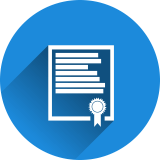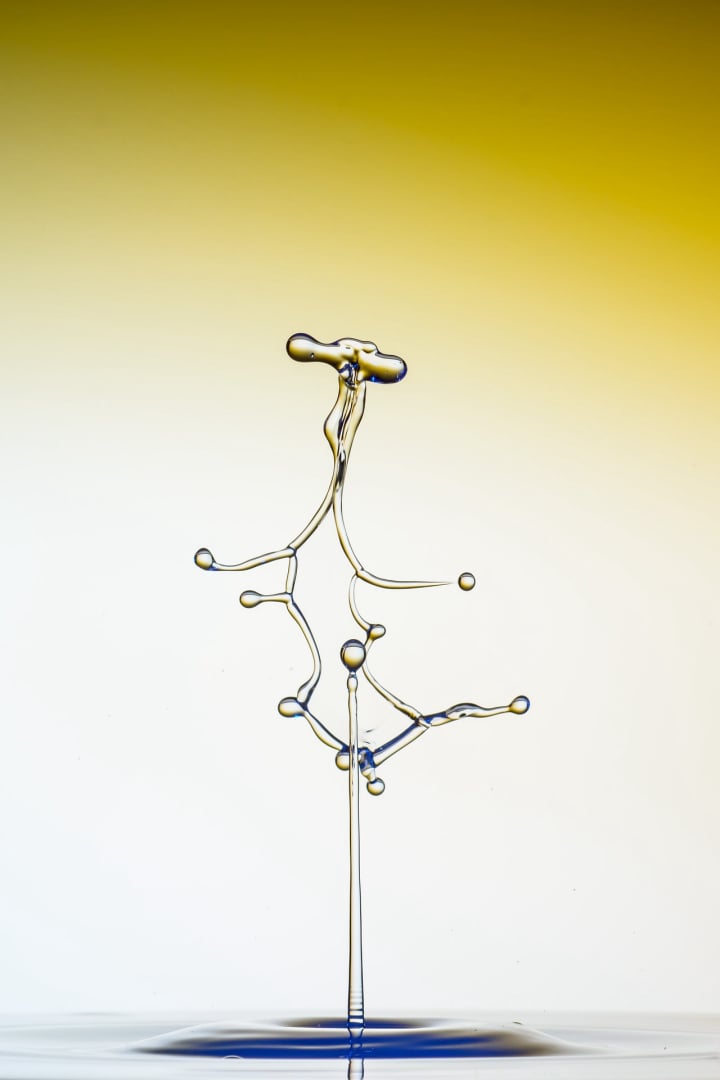Every interaction matters to us, and we treat each client with genuine warmth and respect. Our team is always ready to assist, regardless of the nature or size of your inquiry. From your first message to our final reply, we aim to create a positive and supportive experience.

Since our inception in 2011, we have committed ourselves to becoming a premier provider of Korean translation and localization services, catering to a diverse range of international clients. Our years of experience have enabled us to build a robust foundation of industry expertise, supported by a team of highly skilled professionals and an extensive network of seasoned language specialists. This depth of experience has empowered us to continuously enhance the quality and breadth of our services, adapting to the evolving needs of our global clientele.
Headquartered in Korea, our company specializes in providing top-tier Korean translation and localization services. We pride ourselves on delivering exceptional quality at competitive prices, making our services accessible to individuals, small businesses, and large multinational corporations alike. Our comprehensive understanding of the Korean language and culture allows us to deliver translations that are not only accurate but also culturally resonant, ensuring that your message is effectively communicated to your target audience.
Navigating the complexities of the Korean market requires a nuanced approach, and our expertise is precisely tailored to meet these challenges. We offer a wide range of services, from translating marketing content and legal documents to localizing technical manuals and software. Each project is handled with meticulous attention to detail, ensuring that the original intent and tone are preserved while making the content fully accessible and engaging to Korean audiences.
Our commitment to excellence extends beyond mere translation; we focus on providing a complete localization experience. This means adapting your content to fit the cultural and linguistic context of Korea, thereby enhancing its impact and relevance. Our approach is strategic and client-focused, aiming to not only meet but exceed your expectations by delivering results that align with your business objectives and resonate with your audience.
We are driven by a relentless pursuit of quality and customer satisfaction. Every project we undertake is treated with the utmost professionalism and care, from initial consultation through to final delivery. We maintain open lines of communication with our clients, ensuring that their needs are understood and met with precision and efficiency. Our clients trust us to handle their most critical projects, knowing that we are dedicated to delivering impeccable results.
Partnering with us means choosing a reliable and experienced provider who understands the intricacies of the Korean market and the importance of precise, culturally aware translation and localization. We are not just service providers; we are your partners in expanding your business's reach in Korea. We look forward to continuing our journey with you, providing the expert support you need to succeed in the dynamic and ever-changing Korean market.






















